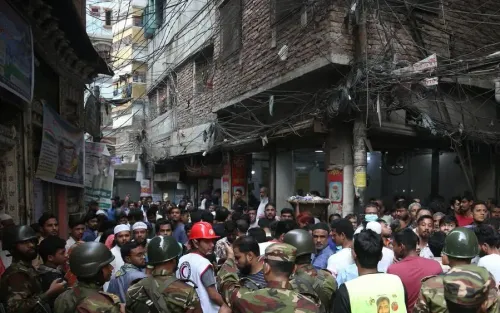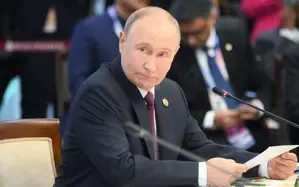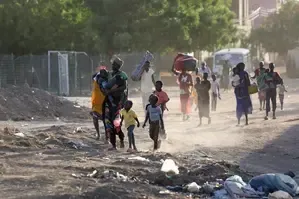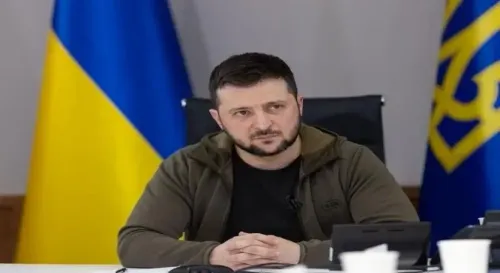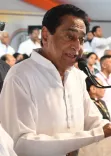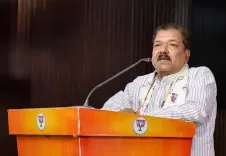Why Does the UN Chief Regret the Progress on Women, Peace, and Security?
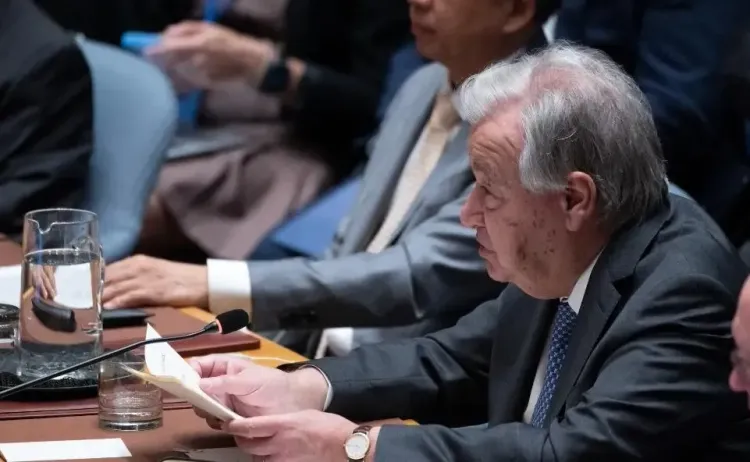
Synopsis
Key Takeaways
- Progress on women, peace, and security is faltering.
- Women are often excluded from key negotiations.
- Sexual violence remains a significant issue.
- Women's organizations need more resources to operate effectively.
- Tangible changes are essential for the future.
United Nations, Oct 7 (NationPress) UN Secretary-General Antonio Guterres expressed his disappointment over the insufficient advancement in the women, peace, and security agenda.
He stated, "Too often, we convene in settings like this, filled with determination and dedication, only to fall short in effecting genuine change in the lives of women and girls affected by conflict," during the annual open debate of the Security Council regarding this agenda, as reported by Xinhua.
"We advocate for inclusion, yet women are frequently absent from negotiation processes. We talk about protection, yet sexual violence continues unchecked. We promote leadership, yet women peacebuilders face underfunding, threats, and a lack of recognition," he remarked. "Ultimately, we all suffer – women and men, girls and boys alike."
As we mark 25 years since the adoption of Security Council Resolution 1325 concerning the women, peace, and security agenda, Guterres warned that progress remains tenuous and, distressingly, is reversing.
Globally, there are alarming trends including increased military expenditures, a rise in armed conflicts, and escalating violence against women and girls.
Last year, a staggering 676 million women were located within 50 km of lethal conflict zones, the highest figure in decades. Incidents of sexual violence surged, with a documented rise of 35 percent against girls. In certain regions, girls represented almost half of all victims. Additionally, maternal mortality rates are climbing in crisis areas, girls are being withdrawn from educational institutions, and women in public roles—such as politicians, journalists, and human rights advocates—are facing violence and harassment, he noted.
While women's organizations continue to serve as essential lifelines for millions in crisis situations, they are being deprived of necessary resources. According to a survey conducted by UN Women just a few months ago, 90 percent of local women-led organizations in conflict zones reported financial strain, with nearly half anticipating closure within six months, Guterres added.
The women, peace, and security agenda must result in tangible changes: increased involvement of women in peace agreements, security reforms, and recovery plans; greater access for survivors to services and justice; and communities benefiting from the strengths of all their members, he stated.
"Resolution 1325 is explicit: women are the leaders of peace for all. The world requires less reminders of this truth—what it truly needs are outcomes that embody it," Guterres concluded.

